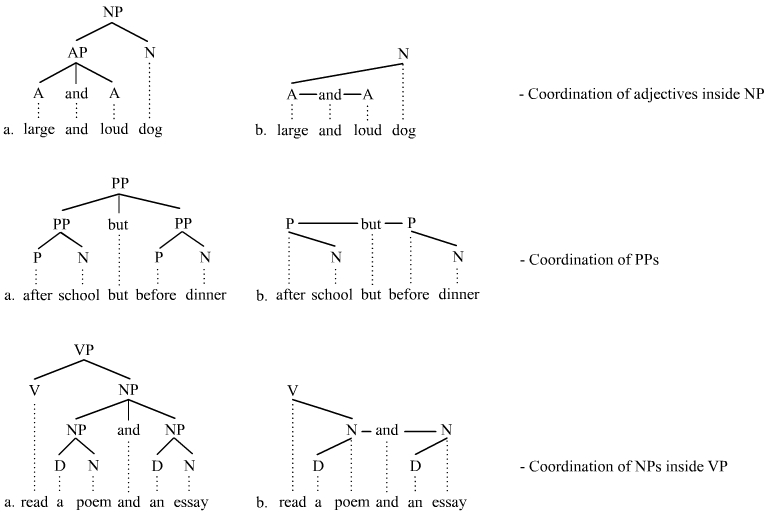Learning
Jo Freeman: There’s Plenty To Do at the RNC – If You Have the Right Credentials
by Jo Freeman
Every national nominating convention has plenty of auxiliary events, some authorized, some not. Getting space can be a challenge; getting the word out even more so. But they do it nonetheless. Press were given a RNC 2024 Master Event Calendar, which was updated a few days later. Events began on Sunday and ended on Thursday. The actual convention sessions were just one item on the list. The calendar said if an event was Open or Closed to press, and also whom to contact to register. I’m going to describe some of the events, including a couple I went to, and a couple I was turned away from.
Since my focus is on women, I obviously wanted to go to those events – if I could.
The National Federation of Republican Women is the largest grassroots Republican women's organization in the country with hundreds of clubs. Founded in 1938, its members made the phone calls and knocked on the doors that elected Republican candidates for decades. It’s Tuesday luncheon featured Arkansas Governor Sarah Sanders. The Master Calendar said it was SOLD OUT and they wouldn’t let me in. I was able to get into their lounge at the Fiserv Forum Wednesday evening, where I was repeatedly asked if I was a member, and if not, would I join. “I’m press,” I said. “I can’t join anything partisan.” I then said: “What brings you here?” On hearing that, finding anyone willing to chat with me was like pulling teeth.
Moms for Liberty met in a concert hall that afternoon. I had pre-registered, and I got in. From high in a balcony seat I listened to several people talk about the evils of transgenderism. It’s webpage says WE BELIEVE Power Belongs to the People. Sound Familiar? With a focus is on parental rights, it wants to “STOP WOKE indoctrination.”
Tuesday I went to “The New Mavericks” reception co-hosted by the Black Republican Mayors Association and the Georgia Republican Party. They honored Sen. Tim Scott, four Congressmen and two Georgia delegates – all male. There was only one mayor on stage, from Aurora, IL. The chair of the Georgia Republican Party was the one white man on the stage. At that event, women served; they didn’t speak. The RNC reported that 55 delegates to the 2024 convention are Black, up from 18 in 2016.
I missed the Independent Women’s Forum toast to “Women Who Make Our Country Great” because I went to Convention Fest: The Official Delegate Experience, which was held in the streets outside the Fiserve Forum and Baird Hall as well as some space inside Baird. To get to that one you not only needed a credential of some sort, but a USSS pass (which I have).
Concerned Women for America parked its pink bus across from the Baird Center the week before the RNC. No one was home. When Convention Fest opened on Tuesday afternoon, they set up a pink tent, from which its leaders preached to whomever passed by. It calls itself “the nation’s largest public policy women’s organization” but its focus is evangelical Christian. The slogan on the side of its pink bus captures this emphasis: “She Prays, She Votes.” A prayer precedes each sermon.
 The Bodleian Library and Worldmapper Create a Cartogram Depicting Trump's Tweets and Countries that Dominate US President's Foreign Policy
The Bodleian Library and Worldmapper Create a Cartogram Depicting Trump's Tweets and Countries that Dominate US President's Foreign Policy
Worldmapper, on behalf of the Bodleian Libraries, have analysed over 8,000 tweets since Trump was elected and created a cartogram that depicts which countries he has mentioned the most on Twitter. Trump has made 1,384 mentions of foreign countries. Russia tops the bill, with 297 mentions (21 per cent of all tweets mentioning foreign countries). North Korea (163), China (158), Mexico (99), Puerto Rico (47), Iran (47), Syria (44), Japan (43), Canada (39) and France (37) complete the Top ten. The cartogram is part of the Bodleian Libraries’ Talking Maps exhibition, which opened on 5 July 2019. more »
 Lessons From a Lifetime in the Classroom: You and I, Me, Us, They, Them, Whatever!
Lessons From a Lifetime in the Classroom: You and I, Me, Us, They, Them, Whatever!
Somehow we have forgotten how to teach grammar using simple, clear rules. When I was young, we were introduced to the difference between subjective and objective and possessive pronouns at an early age. I remember my fourth grade teacher parsing the subjective pronouns with us: “I, you, he-she-it; we, you, they,” and then demonstrating how and where to use them in a sentence. After a few days of that, there was literally no chance that any of us would begin a sentence using “Her and me went to the store,” because we were well aware that her and me weren’t subject material. If we didn’t know which case to use in a sentence like “The teacher gave Maddy and (I? me?) a lecture,” she said to drop “Maddy” from the sentence and listen to it in our minds: “She gave I a lecture” was obviously not something we’d say. more »
 “Imagine a revolution without violence, against domination and aggression: A moment of transformation for the sexually violated toward a more equal, therefore more peaceful and just world"
“Imagine a revolution without violence, against domination and aggression: A moment of transformation for the sexually violated toward a more equal, therefore more peaceful and just world"
Participants at the Worldwide #MeToo Movement conference reached several conclusions from those sessions, including the need to: find better ways to prevent harassment and to support women who report it; combat how defamation law is being used to silence women, particularly outside the United States; seek more effective legal remedies; and connect harassment to pay equity and economic equality. more »
 The Science of Knitting: Understanding How Stitch Types Govern Shape
The Science of Knitting: Understanding How Stitch Types Govern Shape
"Every type of stitch has a different elasticity, and if we figure out everything possible then we could create things that are rigid in a certain place using a certain type of stitch, and use a different type of stitch in another place to get different functionality" said Elisabetta Matsumoto." Knitting is a periodic structure of slip knots. Textiles with intricate patterns are knit by combining slipknots in specific combinations. Members of the Matsumoto group are beginning to delve through the complex math which encodes mechanical properties within the interlocking series of slip knots of a material. more »






